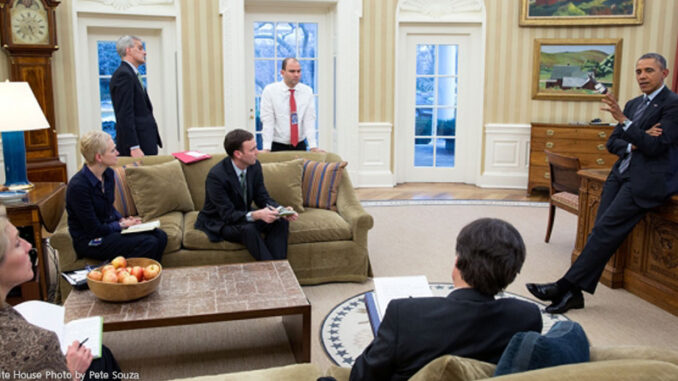
Update on Ukrainian Crisis
btw has been covering events as they unfold as related to the unrest in the Ukraine. What began as a protest against the government on February 18, has escalated into military action. The current government that has been installed is a temporary one, with new elections scheduled for May 25th. But on March 4, Russian troops moved into the Ukraine, occupying the capital city of the Autonomous Republic of Crimea and its surrounding region on the coast of the Black Sea. They claim to be Russian militia protecting those of Russian decent (currently making up 58% of the population) from the interim Ukrainian government.
The international response–including such nations as the U.S., the United Kingdom, France, Canada, Germany, Italy, Poland and the other 28 member states that make up the European Union–has largely been in favor of the Ukraine. Only India feels Russia has the right to protect “legitimate interests” in the Crimean region. Many are saying that Russia has violated the 1994 Budapest Memorandum on Security Assurances, an agreement to not threaten force against the Ukraine.
What Do You Think? In a February 28 statement, President Obama said that, “The Ukrainian people deserve the opportunity to determine their own future.” What do you think are the biggest challenges to obtaining this?
PEN/Falkner Award
Award season continues as the PEN/Faulkner Foundation announced its five finalists for its annual Award for Fiction. The finalists are: At Night We Walk in Circles by Daniel Alarcon, We Are All Completely Beside Ourselves by Karen Joy Fowler, Percival Everett by Virgil Russell, Fools by Joan Silber, and Search Party: Stories of Rescue by Valerie Trueblood. Three guest judges selected from works submitted by literary publishers.
This year there were more than 420 novels or collections of short stories considered. A winner will be announced in April and be recognized in May (along with the four finalists) at a ceremony and dinner. First prize is $15,000, with $5000 a piece going to each of the runners-up.
The PEN/Faulkner is a nonprofit literary organization established in 1980 and located in Washington, D.C. It’s name is a combination of the acronym P(oets) E(ditors) and N(ovelists) and the acclaimed novelist, William Faulkner. He was known to have used the money he received for the Nobel Prize to fund an award for younger writers. The PEN/Faulkner Award for Fiction is considered one of the premiere writing awards in the country.
What Do You Think? Read a synopsis of each of the books nominated. Choose one that interests you the most. Share with your classmates, explaining your choice.
Changes to the SAT

If you plan on attending college, you have likely either taken the SATs (Scholastic Achievement Test) or plan to take them in the future. The series of tests, first administered in 1926 as a way to best assess a student’s college readiness, is about to change its format. The new test will focus more on real-life applications. For example, the reading list will be revised to focus “only on words widely used in college and career.” The math will less theoretical and more logical. The rule that deducts a quarter of a point for each wrong answer has also been eliminated. The required essay that debuted in 2005 will now be optional.
The changes are being driven by College Board President, David Coleman, who was also a prominent player in the new Common Core State Standards. He believes the new test is more accessible and better grounded in what is being taught in high school. Proponents feel it will better level the playing field between those of privilege and those more disadvantaged. Critics of the changes, however, say that altering the test is not likely to better measure college potential. They believe that a test with a broader array of subjects would be more appropriate.
What Do You Think? Given the arguments on both sides presented here (and elsewhere), do you think the new SAT tests are better than they previous ones? Why or why not?
Obamacare Enrollment Deadline Approaches
President Obama’s major healthcare initiative, the Affordable Care Act (nicknamed Obamacare) began enrolling participants last fall. Americans have until March 31 to sign up before they are subject to a penalty of 1% of their income or $95 (whichever is greater). As reported, 4 million have enrolled so far (still quite shy of the administration’s original goal of 7 million). Collecting proper data will be challenging because there is currently no national database of who is uninsured and who has coverage. Plus, it is difficult to tell the difference between who didn’t previously have coverage and those who switched because their former plans didn’t meet new ACA standards.
Now that the early problems with the website have been addressed, reaching younger Americans has become a focused effort for the initiative. The concern of many insurance companies is that young, healthy people will decide that having insurance isn’t worth the price, leaving the wider pool of participants older and sicker participants, thereby driving the cost upward. On the other hand, younger people typically have lower incomes, which make them eligible for subsidies and tax credits for purchasing insurance. The White House has gotten pretty creative in spreading the word about the approaching deadline.
